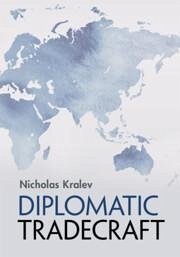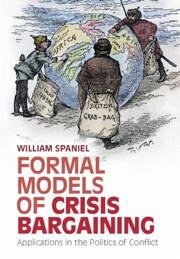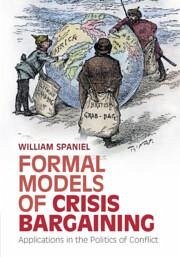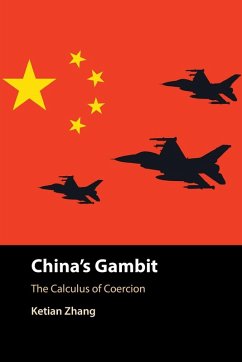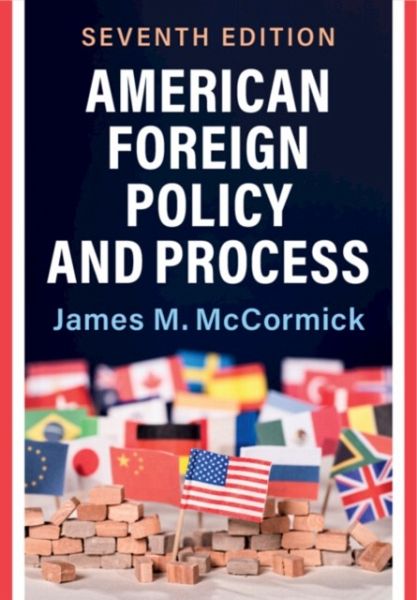
American Foreign Policy and Process
Versandkostenfrei!
Versandfertig in über 4 Wochen
50,99 €
inkl. MwSt.

PAYBACK Punkte
25 °P sammeln!
A comprehensive analysis of the values and beliefs that have shaped American foreign policy, exploring how they have evolved over time. The author provides comparison of the changing policymaking approaches of administrations from Nixon through Biden in this new edition.






